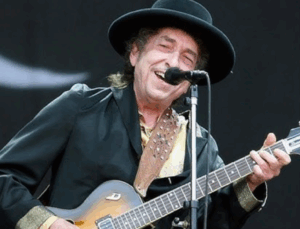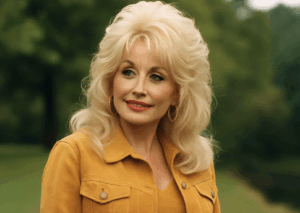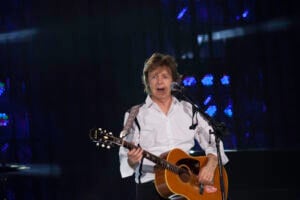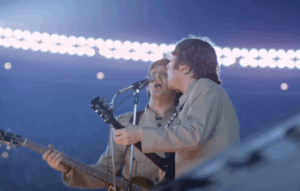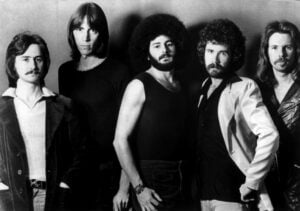5 1960s Classic Rock Songs Banned from the Radio

via DarthMurray / YouTube
The 1960s was an era of profound social change and musical innovation. As rock music became the voice of a generation, some songs challenged societal norms and, in doing so, faced bans from radio airplay. From misunderstood lyrics to controversial themes, here are five classic rock songs from the 1960s that were banned from the radio.
1. “Louie Louie” by The Kingsmen (1963)
In 1963, The Kingsmen’s hit “Louie Louie” was a major success, but it also sparked a lot of controversy. This song, originally written by Richard Berry in 1955 and performed by his band The Pharaohs, gained huge popularity when The Kingsmen released their version. Despite its success, the garbled lyrics led many to speculate that it contained obscene content, which resulted in it being banned by various radio stations.
The FBI even conducted an investigation into the song’s lyrics to determine if they were indeed vulgar. The inquiry lasted several months, with agents decoding the lyrics to decide if they violated laws against interstate transportation of obscene material. After a 119-page report, the FBI concluded there was no clear evidence of obscenity. Despite this, the song’s ban remained for some time, adding to its legendary status in rock history.
2. “My Generation” by The Who (1965)
The Who’s “My Generation” quickly became an anthem of youthful defiance when it was released. However, the song’s stuttered lyrics led to it being banned by the BBC. Officials believed that singer Roger Daltrey’s stuttering might offend listeners who had speech impediments.
The controversy didn’t end there. Another theory suggested that the stuttered lines, particularly the phrase “f-f-f-fade away,” were an attempt to disguise an expletive. Due to these mixed reactions, “My Generation” was kept off the airwaves for a while. However, the ban did not last long, and the song has since been recognized as one of the defining tracks of its era.
3. “Lucy in the Sky with Diamonds” by The Beatles (1967)
“Lucy in the Sky with Diamonds,” a track from The Beatles’ iconic album Sgt. Pepper’s Lonely Hearts Club Band, faced bans due to its supposed drug references. It was widely speculated that the title’s initials, LSD, hinted at the psychedelic drug, despite John Lennon’s assertion that the song was inspired by a drawing his son Julian made of his school friend Lucy.
Paul McCartney later admitted that while the song was indeed influenced by drug experiences, the direct connection to LSD was a coincidence. Despite Lennon’s denials, the BBC banned the song because of the public’s perception of its drug-related lyrics. This only fueled the song’s mystique and it remains a subject of intrigue to this day.
4. “Let’s Spend the Night Together” by The Rolling Stones (1967)
The Rolling Stones were no strangers to controversy, and their 1967 hit “Let’s Spend the Night Together” also faced censorship. The song was considered too explicit for many radio stations and television shows. The Ed Sullivan Show, a touchstone of American TV, refused to let the band perform the song unless they changed the lyrics to “Let’s spend some time together.”
Mick Jagger reluctantly agreed but expressed his disdain by rolling his eyes on live television as he sang the revised lyrics. The episode led to more media attention and further cemented the Stones’ rebellious image. The song’s ban didn’t last long as it became an enduring classic.
5. “Kick Out the Jams” by MC5 (1969)
MC5’s “Kick Out the Jams” not only pushed musical boundaries but also sparked immense controversy. The song starts with the line “It’s time to kick out the jams, motherfuckers,” which led to its ban from numerous radio stations. Many stores even refused to sell the band’s debut album, which included the song.
In response, the band ran newspaper ads with the phrase “Fuck Hudson’s!” and the Elektra Records logo, criticizing the retail chain that wouldn’t stock their album. This bold move led to Elektra dropping the band to avoid any more controversy. Despite the fallout, “Kick Out the Jams” became a rallying cry for a generation eager to break free from conventional norms.











